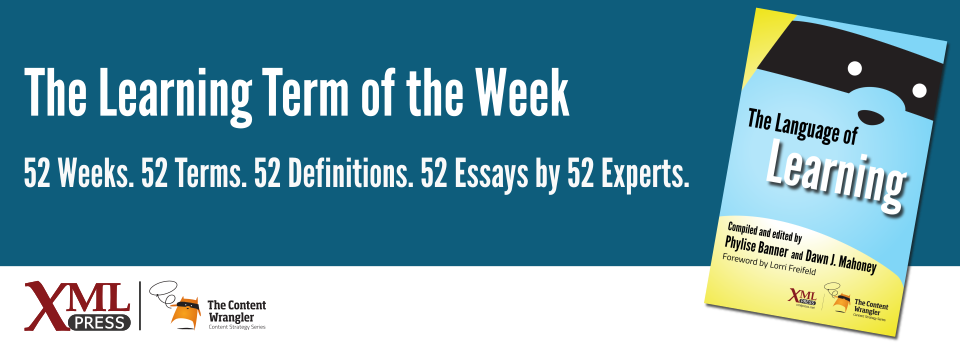What is it?
Gaining knowledge by actively doing something, reflecting upon the experience, allowing these reflections to change your thinking in some way, and then applying this new understanding.
Why is it important?
Experiential learning goes beyond involving students with real-world projects. It uses a cycle of doing something, taking time to observe and reflect, considering how to adjust, trying a new approach, and then reflecting again(Kolb & Kolb, 2017). It is excellent for mentoring, service learning, project-based learning, action learning, adventure education, case studies, simulation, and gaming, and it has been shown to have a positive impact on learning(Burch et al, 2019)(Kolb & Kolb, 2017).
Why does a business professional need to know this?
As a business professional, you may have the opportunity to engage with employees who have experience with experiential learning, giving your business the benefit their knowledge of new theories and practices in this area. You can look forward to these employees bringing fresh ideas and perspectives into your team as well as providing the opportunity for junior staff to develop mentorship skills(Hoessler & Godden, 2021).
It may also be helpful to understand that potential new employees who have completed experiential learning have some practical experience, but more than that they have been encouraged to deeply reflect on and learn from this experience. This structured reflection can be very valuable(Burch et al., 2019).
If you are involved in experiential learning projects, it is important for you to understand enough about the term to position yourself for success. It is critical for experiential learning to be set up in a methodical way that aligns your business goals with student learning objectives and course assessments. Otherwise, you may not see the benefits you were hoping for(Hoessler & Godden, 2021). Additionally, it is important for you to understand the role you will play in the experiential learning process(Hoessler & Godden, 2021)(Kolb & Kolb, 2017).
References
- (Burch 2019) A Meta-Analysis of the Relationship Between Experiential Learning and Learning Outcomes: Burch, Gerald F., Robert Giambatista, John H. Batchelor, Jana J. Burch, J. Duane Hoover, and Nathan A. Heller. Decision Sciences Journal of Innovative Education 17, no. 3 (July 2019):239–273. Subscription or paid download required. This journal article analyzes studies that compared experiential learning activities to traditional learning environments and concludes that learning outcomes are greater when experiential pedagogies are used.
- (Hoessler & Godden 2021) Outcome-Based Experiential Learning: Hoessler, Caroline, and Lorraine Godden. (2021). Higher Education and Beyond. ISBN: 978-1777626020. This book is an excellent practical guide for anyone involved in setting-up experiential learning. It provides straightforward guidance relating to a process that can be used to structure the experiential learning as well as identifying specific things that stakeholders should discuss.
- (Kolb & Kolb 2017) Experiential Learning Theory as a Guide for Experiential Educators in Higher Education: Kolb, Alice Y., and Kolb, David A. Experiential Learning Theory as a Guide for Experiential Educators in Higher Education 1 no. 1, Article 7. (2017):7–44. Downloadable in PDF format.

